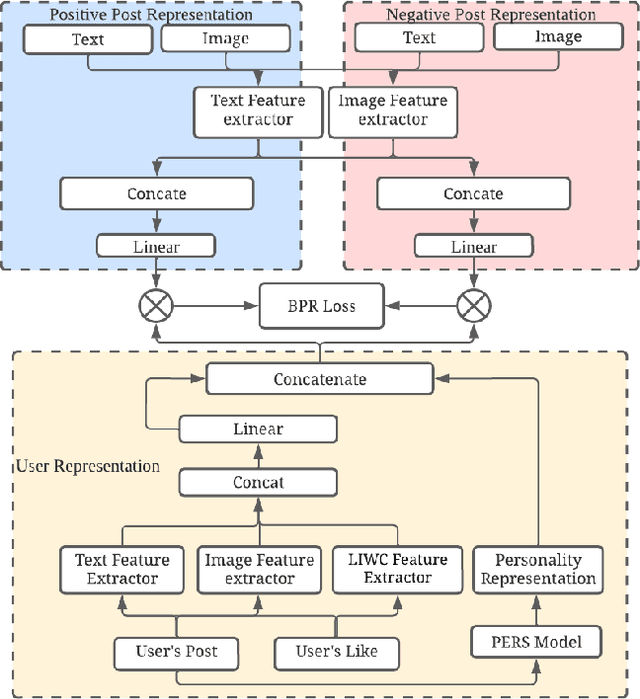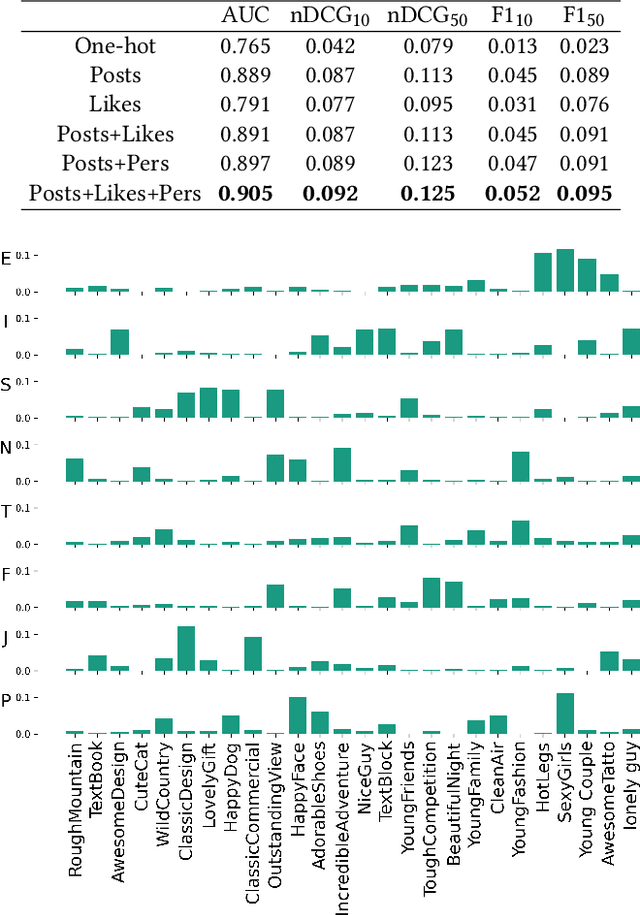Alfred Huang
Against Opacity: Explainable AI and Large Language Models for Effective Digital Advertising
Apr 22, 2025Abstract:The opaqueness of modern digital advertising, exemplified by platforms such as Meta Ads, raises concerns regarding their autonomous control over audience targeting, pricing structures, and ad relevancy assessments. Locked in their leading positions by network effects, ``Metas and Googles of the world'' attract countless advertisers who rely on intuition, with billions of dollars lost on ineffective social media ads. The platforms' algorithms use huge amounts of data unavailable to advertisers, and the algorithms themselves are opaque as well. This lack of transparency hinders the advertisers' ability to make informed decisions and necessitates efforts to promote transparency, standardize industry metrics, and strengthen regulatory frameworks. In this work, we propose novel ways to assist marketers in optimizing their advertising strategies via machine learning techniques designed to analyze and evaluate content, in particular, predict the click-through rates (CTR) of novel advertising content. Another important problem is that large volumes of data available in the competitive landscape, e.g., competitors' ads, impede the ability of marketers to derive meaningful insights. This leads to a pressing need for a novel approach that would allow us to summarize and comprehend complex data. Inspired by the success of ChatGPT in bridging the gap between large language models (LLMs) and a broader non-technical audience, we propose a novel system that facilitates marketers in data interpretation, called SODA, that merges LLMs with explainable AI, enabling better human-AI collaboration with an emphasis on the domain of digital marketing and advertising. By combining LLMs and explainability features, in particular modern text-image models, we aim to improve the synergy between human marketers and AI systems.
Personality-Driven Social Multimedia Content Recommendation
Jul 25, 2022



Abstract:Social media marketing plays a vital role in promoting brand and product values to wide audiences. In order to boost their advertising revenues, global media buying platforms such as Facebook Ads constantly reduce the reach of branded organic posts, pushing brands to spend more on paid media ads. In order to run organic and paid social media marketing efficiently, it is necessary to understand the audience, tailoring the content to fit their interests and online behaviours, which is impossible to do manually at a large scale. At the same time, various personality type categorization schemes such as the Myers-Briggs Personality Type indicator make it possible to reveal the dependencies between personality traits and user content preferences on a wider scale by categorizing audience behaviours in a unified and structured manner. This problem is yet to be studied in depth by the research community, while the level of impact of different personality traits on content recommendation accuracy has not been widely utilised and comprehensively evaluated so far. Specifically, in this work we investigate the impact of human personality traits on the content recommendation model by applying a novel personality-driven multi-view content recommender system called Personality Content Marketing Recommender Engine, or PersiC. Our experimental results and real-world case study demonstrate not just PersiC's ability to perform efficient human personality-driven multi-view content recommendation, but also allow for actionable digital ad strategy recommendations, which when deployed are able to improve digital advertising efficiency by over 420% as compared to the original human-guided approach.
 Add to Chrome
Add to Chrome Add to Firefox
Add to Firefox Add to Edge
Add to Edge